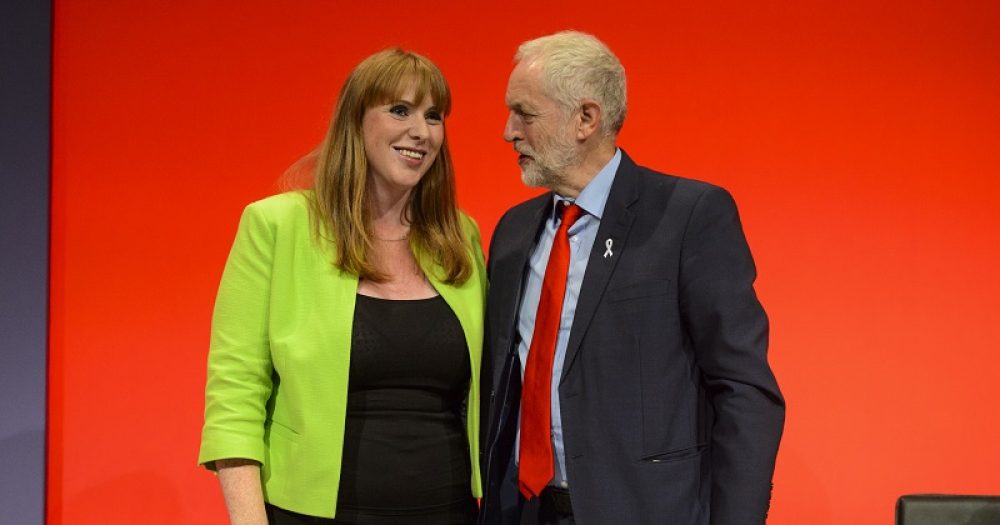MPs will attempt to scrap a law that forces schools to collect data on pupils’ nationality and country of birth unless they receive reassurances from the government over potential misuse of the data, Schools Week can reveal.
Opposition politicians are preparing to use parliamentary procedure to try to repeal the legal move that implemented the controversial changes to the national pupil database on September 1.
Schools now have a duty to collect pupils’ birthplace data, which the government states will help it target specialist language support.
Many people are rightly concerned that these changes could undermine the relationships which exist between schools and parents
But campaigners have fought for a reversal of the law change after a spate of issues – including schools demanding copies of pupils’ passports and targeted communications at non-white parents.
Now Angela Rayner, the shadow education secretary, has written to her opposite number Justine Greening to ask for reassurances that the data will not be used to police immigration.
Rayner is said to be “personally offended” by the idea that parents are being asked for the data and worried about the impact on school-parent relations.
In the letter, seen by Schools Week, she said the school census already recorded the language of pupils if it was not English, and said it was “difficult to believe” the additional data was needed to determine the funding needs of schools.
“Many people are rightly concerned that these changes could undermine the relationships which exist between schools and parents,” she said.
“I cannot see how direct communication with parents in this way, seeking this information which is already available in an anonymised form, does anything but trigger unnecessary fear, suspicion and uncertainty amongst families.”
A Labour source told Schools Week that MPs would be prepared to use a parliamentary manoeuvre called a ‘prayer’ to derail statutory instrument number 808, the legal means by which the government introduced the changes to the census.
Unlike a recent successful ‘motion to regret’ the change in the House of Lords, which carries no legislative weight, a ‘prayer against’ the legislation in the Commons would see it scrapped if Labour and the Liberal Democrats get the backing of enough Conservative MPs.

Opposition politicians have already clashed with ministers in the House of Lords, despite assurances from Lord Nash that the nationality and country of birth data would be protected and kept separately from the rest of the National Pupil Database.
Under a current agreement, only school and address data for pupils already known to the Home Office is shared by the Department for Education, but campaigners remain nervous because there is no legal agreement to stop such a deal changing in the future.
Lord Storey, the former Liberal Democrat leader of Liverpool council and an ex-headteacher, told the Lords on Monday that the changes had “all the hallmarks of racism”.
“Children are children, and to use their personal information for immigration enforcement is disingenuous, irresponsible, and not the hallmark of a tolerant, open and caring society,” he said.
But he was assured by Nash that the information would not be shared, and that the wording of the agreement between his department and the Home Office would be released “shortly”.
“The DfE has no way of determining a child’s immigration status, nor would we seek to do so. Providing this information is entirely optional; parents can refuse to do so if they wish. This is clearly stated in our guidance.”
?A DfE spokesperson added: “Without evidence and data, we cannot have a clear picture of how the school system is working. We take privacy extremely seriously and access to sensitive data is strictly controlled.”



Your thoughts